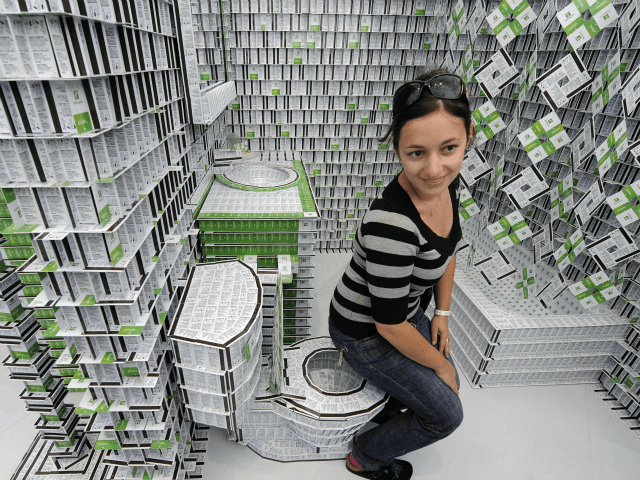Everyone is familiar with calls to donate blood, stem cells, bone marrow and organs, but the opening of a new ‘poo bank’ in the Netherlands means it is now possible to donate your faeces.
The ‘poo bank’, more formally referred to as the Dutch Donor Faeces Bank (NDFB), opened yesterday at the Leiden University Medical Centre (LUMC).
The faeces deposited at the NDFB is invaluable for those living with Clostridium difficile (C. difficile) — a bacterial infection which can affect the digestive system. In the Netherlands there are 3,000 reported C. difficile cases a year, usually occurring after using antibiotics to treat other illnesses.
Although the infection often results in few symptoms, in approximately five per cent of patients it can recur as a regular infection. Symptoms for them include three to five bouts a day of usually foul-smelling, watery diarrhoea, sometimes blood-stained, accompanied by abdominal cramping and pain.
For such unfortunate sufferers faecal transplants are the only effective treatment. After screening for diseases and reprocessing into a transplant product, donations will be stored at the NDFB and made easily accessible to doctors and hospitals throughout the Netherlands.
Ed Kuijper, a Professor of Experimental Bacteriology at the LUMC Department of Medical Microbiology explained:
“The effectiveness of faecal transplants in patients with a Clostridium difficile infection was proven in 2013. Since then, the treatment has been included in national and international guidelines.”
The LUMC also provides training for those doctors who will carry out faecal transplants, of which there are said to be three or four every month in the Netherlands, although that number is increasing rapidly.
The bank will also be involved in medical development, researching the application of faecal transplants in other disorders such as Crohn’s disease, chronic inflammation of the colon (ulcerative colitis), the presence of resistant bacteria, and intestinal disorders after infections.
Calling for healthy donors living near Leiden to offer their deposits to the ‘poo bank’, Professor Kuijper conceded the practice is “not established yet, like giving blood is” adding:
“I think it’s a matter of getting used to it.”

COMMENTS
Please let us know if you're having issues with commenting.